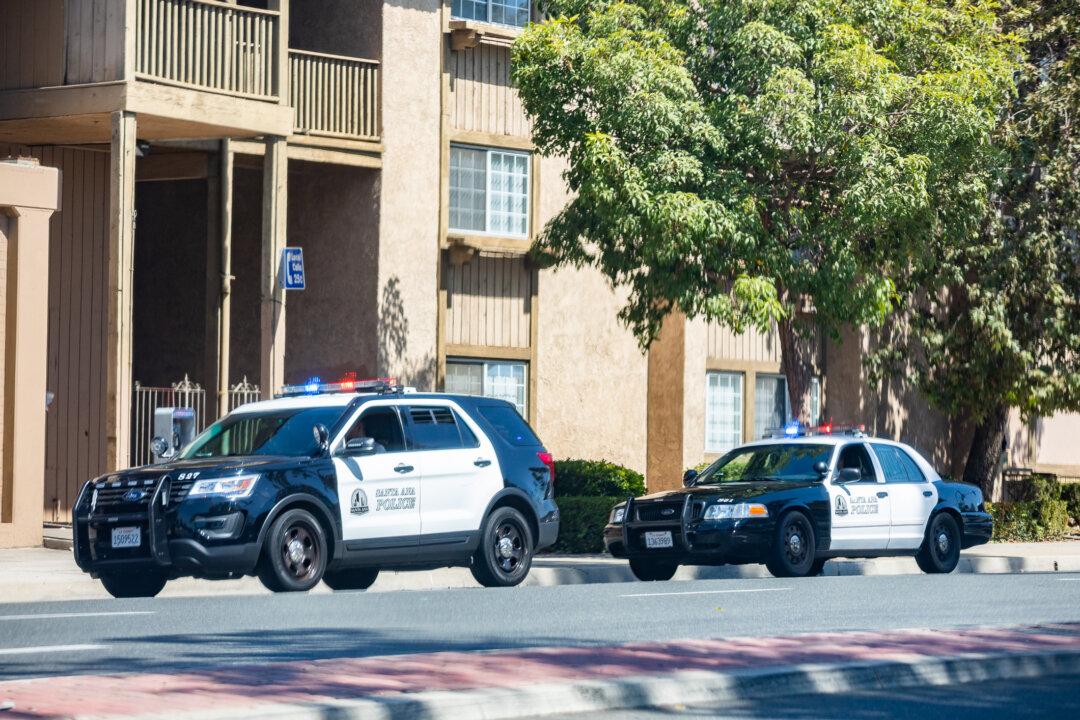A California bill aimed at prohibiting most traffic stops for minor violations was placed earlier this month into the legislative “inactive file”—just prior to what would have been a final vote in the Assembly—leaving open the possibility of its reintroduction in the new year.
Senate Bill 50, introduced by Sen. Steven Bradford (D-Gardena), would prohibit law enforcement officers from halting or detaining a driver for low-level infractions, such as expired plates or a broken taillight, unless there is an additional and distinct cause for the stop.





